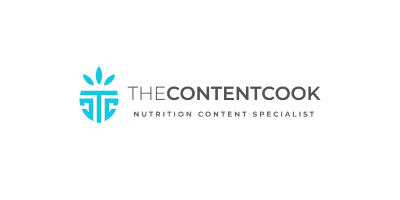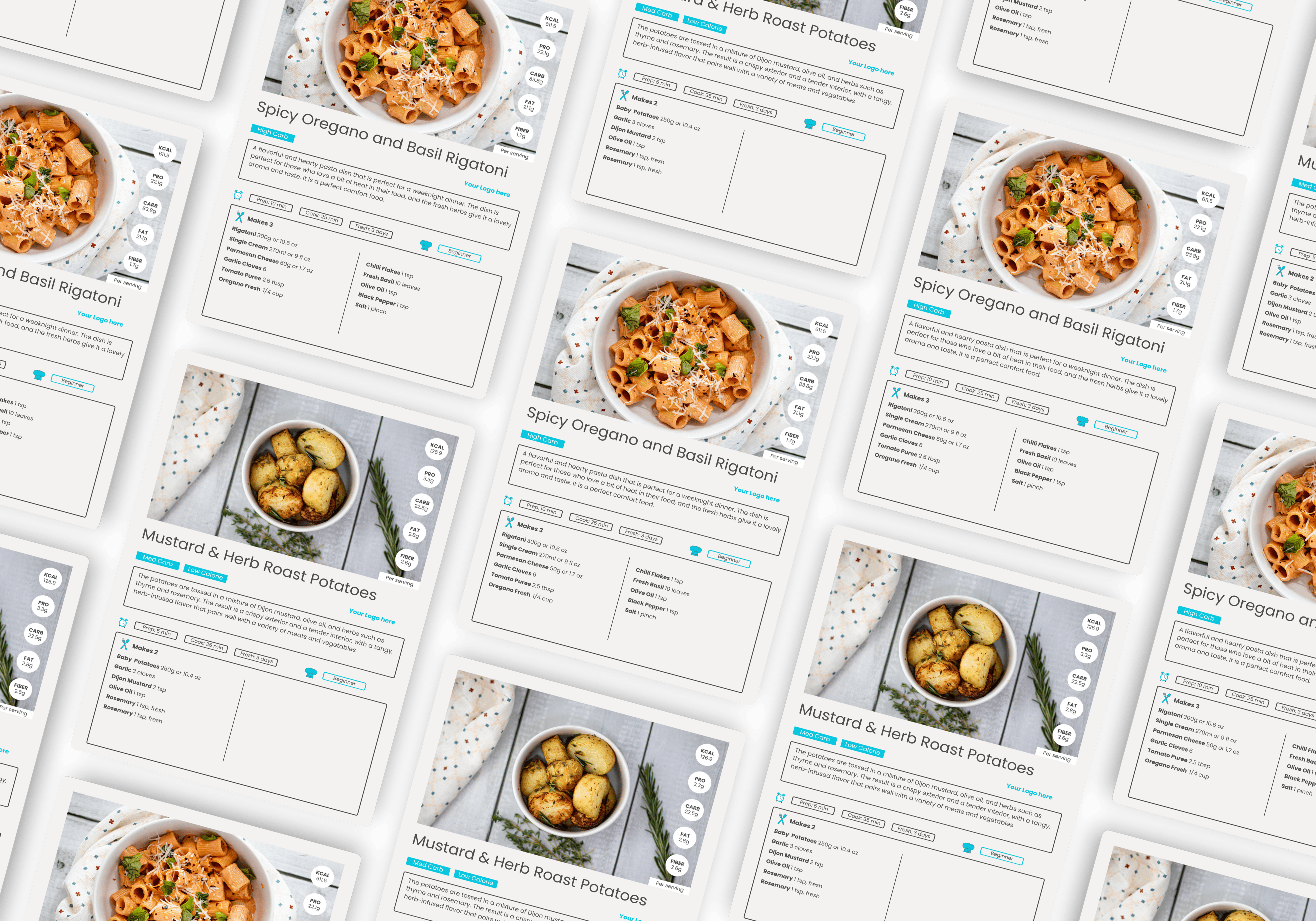The Vegan Revolution: An Introduction To Plant-Based Diets
The Rise of Plant-Based Diets in Contemporary Culture
If you’ve been curious about making a shift in your eating habits, you’ve likely come across the term “plant-based diet.” This increasingly popular approach to nutrition emphasizes foods derived from plants and is often associated with a plethora of health benefits. But what does “plant-based” really mean? Is it the same as being vegan or vegetarian?
In this blog, we’ll unravel the complexities and nuances of plant-based diets, offering a comprehensive look at its different forms—ranging from veganism to pescatarianism. We’ll explore the health and environmental motivations behind adopting such a diet and help you determine which variation aligns best with your lifestyle, health goals, and ethical considerations.
Whether you’re looking to improve your health, reduce your environmental footprint, or both, understanding the different facets of plant-based diets is your first step in making informed choices. So let’s dive in!

The What and Why of Plant-Based Diets
Definitions and Key Components
The term “plant-based diet” might sound straightforward, but it actually encompasses a range of eating styles that prioritize plant-derived foods. The spectrum includes various approaches:
Vegan: Excludes all animal products, including meat, dairy, and eggs.
Vegetarian or Lacto-Ovo Vegetarian: Omits meat but may include dairy and eggs.
Lacto-Vegetarian: Includes dairy but omits eggs and meat.
Ovo-Vegetarian: Includes eggs but omits dairy and meat.
Pescatarian: Excludes meat but allows for fish and sometimes dairy and eggs.
While the commonality among these diets is a focus on plant foods like fruits, vegetables, legumes, nuts, and whole grains, the inclusion of animal products varies.
Health Motivations
Plant-based diets have many health benefits, but generally speaking, diets rich in plant foods have been linked to lower rates of heart disease, hypertension, and certain types of cancer. They are often lower in saturated fats and high in fiber and essential nutrients, aiding in everything from weight management to better digestive health.
Environmental Motivations
The environmental impact also varies depending on the type of plant-based diet you choose. However, plant-centric diets are generally more sustainable and eco-friendly than diets heavy in animal products. Traditional animal agriculture is a significant contributor to deforestation, water pollution, and greenhouse gas emissions. By focusing on plant-derived foods, you reduce your environmental footprint, regardless of whether you choose to include some forms of animal products in your diet or not.
Understanding the ‘what’ and ‘why’ of plant-based diets allows you to make choices that align with your health goals and ethical or environmental concerns. Each variation of plant-based eating offers its own set of benefits and trade-offs, but all lean towards better health and a more sustainable future.
Plant-Based Nutrition 101: Nutrients of Concern
Making the switch to a plant-based diet can be incredibly rewarding for a host of reasons, ranging from health benefits to ethical and environmental considerations. However, it’s essential to approach this change with a clear understanding of the nutrients that require special attention. Let’s take a closer look at the key nutrients you should focus on for a balanced, healthful plant-based diet.
Protein: Beyond Meat
One of the initial concerns people have when considering a plant-based diet is protein. While it’s true that meat is a complete protein source, plants can provide all the essential amino acids you need when consumed in a varied diet. Lentils, chickpeas, tofu, quinoa, and a host of other plant foods are rich in protein. The key is variety and abundance — eating a range of plant-based protein sources in adequate amounts ensures a balanced amino acid profile.
Iron: Not Just in Steak
Another nutrient often associated with animal-based foods is iron. Plant-based iron sources do exist, but it’s important to know they contain non-heme iron, which is less easily absorbed by the body compared to the heme iron in meat. However, consuming vitamin C-rich foods like fruits and vegetables alongside iron-rich foods can enhance absorption. Good plant-based iron sources include lentils, chickpeas, fortified cereals, and leafy green vegetables.
Calcium: More Than Just Dairy
While dairy products are a well-known source of calcium, they’re not the only option. Plant-based diets can provide sufficient calcium through foods like fortified plant milks (almond, soy, oat), leafy green vegetables like kale and collard greens, and fruits like figs and oranges.
Vitamin B12: An Essential Consideration
Vitamin B12 is crucial for nerve function and the formation of red blood cells. Since B12 is mainly found in animal products, it’s one of the few nutrients that those on a strict vegan diet might need to obtain from fortified foods or supplements. Always consult a healthcare provider for personalized advice.
Omega-3 Fatty Acids: Fish-Free Options
Omega-3 fatty acids are essential fats commonly found in fish. However, they can also be derived from plant sources like flaxseeds, chia seeds, and algae supplements. It’s worth noting that the type of omega-3s found in plant-based sources (ALA) needs to be converted by the body into the more active forms (EPA and DHA), which is done less efficiently. Therefore, higher intakes or specific supplements might be advised.
By paying extra attention to these nutrients, you can embrace a plant-based lifestyle without compromising on nutrition. It’s always a good idea to consult a healthcare provider or a dietitian experienced in plant-based nutrition for personalized advice.
Myths About Plant-Based Diets Debunked
It’s amazing how many misconceptions float around when it comes to plant-based diets. Let’s tackle some of the most common myths and set the record straight.
Myth 1: Plant-Based Diets are Lacking in Protein
One of the most common myths is that plant-based diets can’t provide enough protein. The reality is that plenty of plant foods are rich in protein, such as legumes, grains, nuts, and certain vegetables. In fact, you can easily meet your protein needs without animal products if you eat a well-rounded diet.
Myth 2: You'll Be Iron-Deficient
Another frequent concern is that plant-based diets lack iron. While it’s true that plant-based iron is less easily absorbed than the iron in meat, eating a variety of iron-rich plant foods like spinach, legumes, and fortified cereals, along with vitamin C-rich foods to enhance absorption, can cover your iron needs.
Myth 3: It's Too Expensive
Many people assume that a plant-based diet is cost-prohibitive. However, some of the cheapest foods available are plant-based: think rice, beans, lentils, and seasonal vegetables. Also, as demand for plant-based options increases, the cost of specialty items like plant-based meat is going down.
Myth 4: It's All or Nothing
Some people think they have to be “perfect” when switching to a plant-based diet, but any move towards eating more plants is a positive one. Whether you go all-in or take a more gradual approach, you’re making a beneficial change.
Myth 5: Plant-Based Food is Bland
This couldn’t be further from the truth! Plant-based foods are incredibly diverse and can be prepared in countless delicious ways. With the abundance of fruits, vegetables, grains, and legumes available, your taste buds will never get bored.
By debunking these myths, we hope to remove some of the barriers that may be keeping you from considering a plant-based diet. Remember, each person’s journey is different, and it’s never too late to make healthier choices.
Tips for a Smooth Transition to a Plant-Based Diet
Switching to a plant-based diet can feel like a huge undertaking, but it doesn’t have to be overwhelming. Below are some simple yet effective strategies to help ease the transition.
Start Small
Don’t feel like you have to overhaul your entire diet overnight. Begin with small changes, like incorporating Meatless Mondays, then gradually add more plant-based meals as you get comfortable.
Upgrade Your Favorites
Love spaghetti and meatballs? Try making meatballs with lentils instead. Are you a fan of tacos? Experiment with fillings like seasoned black beans or grilled vegetables. You can often create plant-based versions of your favorite dishes.
Explore Plant-Based Protein
One of the major concerns about a plant-based diet is where to get protein. Familiarize yourself with plant-based protein sources like lentils, tofu, chickpeas, and quinoa, and include them in your meals regularly.
Plan Ahead
Whether you’re going to the grocery store or dining out, planning is crucial. Make a list before shopping and look up plant-based menu options before you go to a restaurant.
Get Support
Join plant-based online forums, follow inspiring plant-based Instagram accounts, or consider enlisting the support of a nutritionist who specializes in plant-based eating. The more support you have, the easier your transition will be.
Don’t Forget to Supplement
Certain nutrients that are primarily found in animal products might be consumed in insufficient quantities in a plant-based diet. Consider supplements for nutrients like Vitamin B12, iron, and Omega-3s, but consult with a healthcare provider first.
By applying these tips, you’ll make the transition not just manageable but enjoyable. Remember, switching to a plant-based diet is not just a diet change; it’s a lifestyle change.
Social Dining and Eating Out
Switching to a plant-based diet can present some challenges, particularly when dining out or eating in social settings. However, these obstacles are far from insurmountable. Here are some strategies to navigate these situations with ease.
Be Prepared
Switching to a plant-based diet can present some challenges, particularly when dining out or eating in social settings. However, these obstacles are far from insurmountable. Here are some strategies to navigate these situations with ease.
Speak Up
Don’t be shy about expressing your dietary needs. Most restaurants are accommodating and can often make plant-based adjustments to menu items upon request. For example, you can ask for a veggie burger in place of a beef burger or for the cheese to be removed from a salad.
Bring a Dish
If you’re going to a potluck or family dinner where plant-based options may be limited, offer to bring a dish. Not only will you be guaranteed something to eat, but it’s also a great way to introduce others to delicious plant-based food.
Focus on What You Can Eat, Not What You Can't
While it may seem like your choices are limited, most places offer some plant-based options, even if they are not explicitly labeled as such. Look for dishes that are vegetable-centric, or consider side dishes that can be combined to make a full meal.
Master the Art of Substitution
Learn how to substitute non-plant-based ingredients for plant-based ones. For example, if a dish contains dairy, ask if it can be made with almond or soy milk instead.
By implementing these strategies, you can enjoy a fulfilling social life without compromising your commitment to a plant-based lifestyle. Social dining and eating out become less of a challenge and more of an opportunity to share your new lifestyle.
Conclusion: The Journey to a Plant-Based Lifestyle
Transitioning to a plant-based diet is not just a change in your eating habits; it’s a lifestyle shift that has far-reaching benefits for your health, the environment, and even your social circles. While there may be challenges along the way, especially when dining out or navigating social situations, these are not obstacles but stepping stones on your journey towards a more sustainable and healthful life.
From understanding the different versions of plant-based diets to focusing on essential nutrients and debunking common myths, this blog has aimed to give you the tools you need to make an informed decision. Remember, the journey is yours to define. Whether you’re going plant-based for health reasons, environmental concerns, or ethical beliefs, each small step you take makes a difference.
Finally, it’s worth mentioning that plant-based living is not about perfection but about making better choices whenever possible. Don’t be too hard on yourself if you stray from your goals occasionally. What’s important is your overall commitment and the positive impact your choices will have over time.
Feel free to explore other related topics on our blog or reach out with any questions you may have. Until then, happy eating!
Looking for vegan recipes for your nutriton business?
Check-out our Vegan Client Recipe Pack, a bundle of 64 white-label client recipes.



